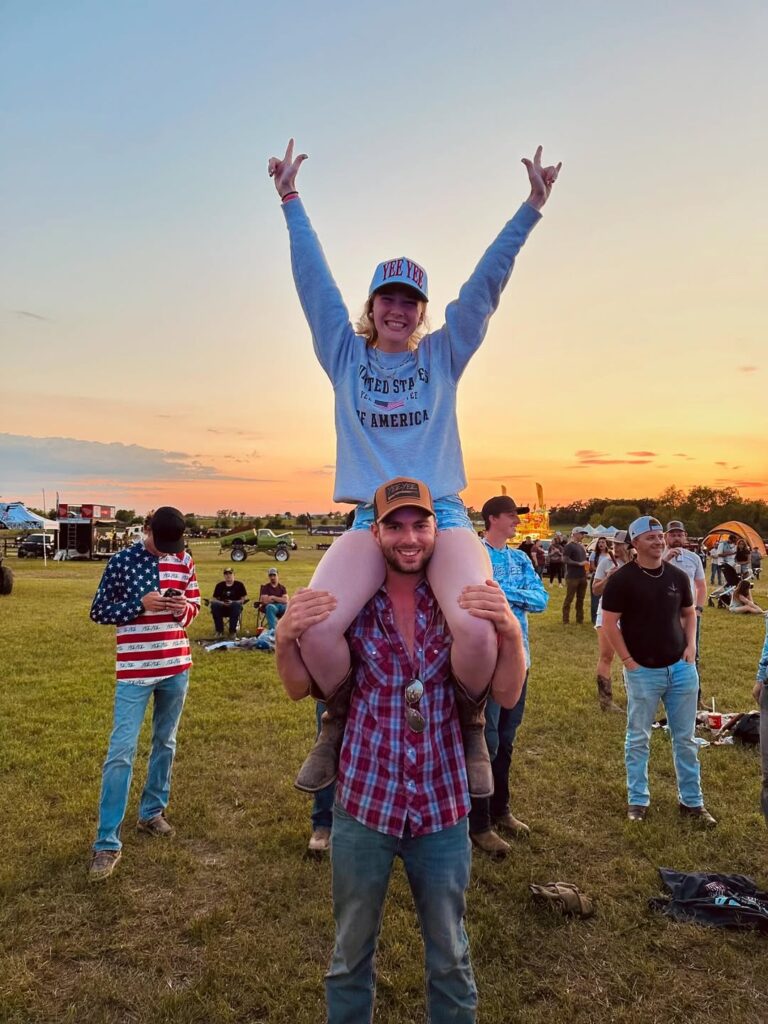In the quiet heart of the countryside, where the mountains rise like gentle giants and the rivers hum lullabies through the valleys, lived a girl named Lila. Her world was small by many people’s standards—a village of no more than fifty families nestled between golden fields and dense woods—but to her, it was vast and full of wonder.
Lila was fourteen years old and had never seen a city. She had heard stories from travelers passing through, of streets lit like daylight at night, of cars moving in rivers of traffic, and of buildings tall enough to scrape the sky. But to Lila, the wide, starlit sky of her village was far more beautiful than any skyscraper.

Her days began before the sun crested the hills. The rooster’s crow was her alarm clock, and she would rise from her straw-filled mattress with the practiced rhythm of someone who had lived the same pattern since childhood. She would pull on her worn dress, braid her thick black hair, and slip on her hand-me-down boots. Then, with a piece of bread in one hand and a pail in the other, she would head out to the barn to milk the family’s two cows.
Lila’s family owned a small plot of land, just enough to grow their own food and sell a little at the village market. Her father, a kind but quiet man, worked the fields from dawn until dusk. Her mother managed the household, tended to the garden, and taught Lila and her younger brother, Rami, who was only six. There was no proper school in their village—just a one-room community center where the older children sometimes took turns teaching the younger ones what they had learned from books passed down through generations.

Despite the lack of modern conveniences, Lila never felt deprived. Her days were filled with purpose and the kind of beauty that often goes unnoticed in more bustling places. She loved the feel of soil between her fingers, the way the wheat swayed like dancers in the wind, and the hush of snow-covered mornings when everything was blanketed in white silence.
Lila had a secret, though. She loved to read. Her favorite thing in the world was the small shelf of books her grandfather had given her before he passed away. It held only a dozen titles, but each one was a doorway to a different world. At night, by the light of a single oil lamp, she would escape into the pages, traveling to distant lands, meeting characters who became her friends, and dreaming of writing stories of her own one day.

The other girls in the village liked to gather by the river, braiding each other’s hair and sharing stories about who might marry whom or what dress to wear to the next harvest festival. Lila would join them sometimes, laughing and playing, but her mind always wandered back to her books. Her dream was to be a writer, to someday go to a city where she could learn more, write more, and maybe even publish her own stories. But dreams like that felt fragile in a place like hers, where life was simple, and most children grew up to take over their parents’ farms.
One day, everything changed.

A woman named Miss Anika came to the village. She was part of a traveling education program, bringing books, pencils, and paper to rural areas. She was elegant in a way Lila had never seen—smart clothes, polished shoes, and a confidence that filled the room. But more than that, she was kind and full of curiosity.
Miss Anika noticed Lila immediately. On the first afternoon, while other children ran around curious about the colorful materials, Lila stood quietly near the books, her eyes scanning the titles with hungry interest.
“You like to read?” Miss Anika asked.
Lila nodded shyly. “Very much.”
“Which is your favorite book?”
Lila lit up. “The Secret Garden. I’ve read it seven times.”
That simple exchange turned into something much greater. Over the next few weeks, Miss Anika began holding lessons in the village center, and Lila was always in the front row. She soaked up every word, every idea, and every new piece of knowledge like a dry sponge touching water.
Eventually, Miss Anika spoke to Lila’s parents.

“She’s very bright,” she said. “With support, she could go far. I know a scholarship program in the city. It’s for rural girls with talent. I could help her apply.”
Lila’s mother cried that night—part pride, part fear. Her father sat quietly for a long time before nodding. “If this is her path,” he said, “we must let her follow it.”
The idea of leaving terrified Lila. She had never been away from her family for more than a day. She loved her home—the mountains, the fields, even the creaky floorboards in their cottage. But the spark inside her, the one that had always flared when she read, told her this was her chance.

Three months later, Lila stood at the edge of the dirt road, her suitcase in hand. The whole village came to see her off. Her mother pressed a kiss to her forehead and tucked a note into her pocket. Her father hugged her tightly and whispered, “We’ll be waiting. Make us proud.”
As the bus pulled away, Lila looked out the window at the place she had called home all her life. The hills, the cows in the pasture, the children waving, and the little wooden house growing smaller and smaller in the distance. Tears filled her eyes, but her heart was full.

The city was loud, bright, and overwhelming. But it was also full of books, libraries, teachers, and opportunity. Lila studied harder than anyone in her class, fueled by a hunger born in the quiet corners of her village. She wrote stories late into the night, stories of wheat fields, riverbanks, and girls with dreams too big for small towns.

Years later, Lila became a published author. Her first book was titled The Girl from the Village. It was about a young girl growing up in a rural area, where dreams seemed like fireflies—beautiful, flickering, and just out of reach.
But Lila had learned something important: if you chase the light with all your heart, sometimes it leads you exactly where you’re meant to be.



